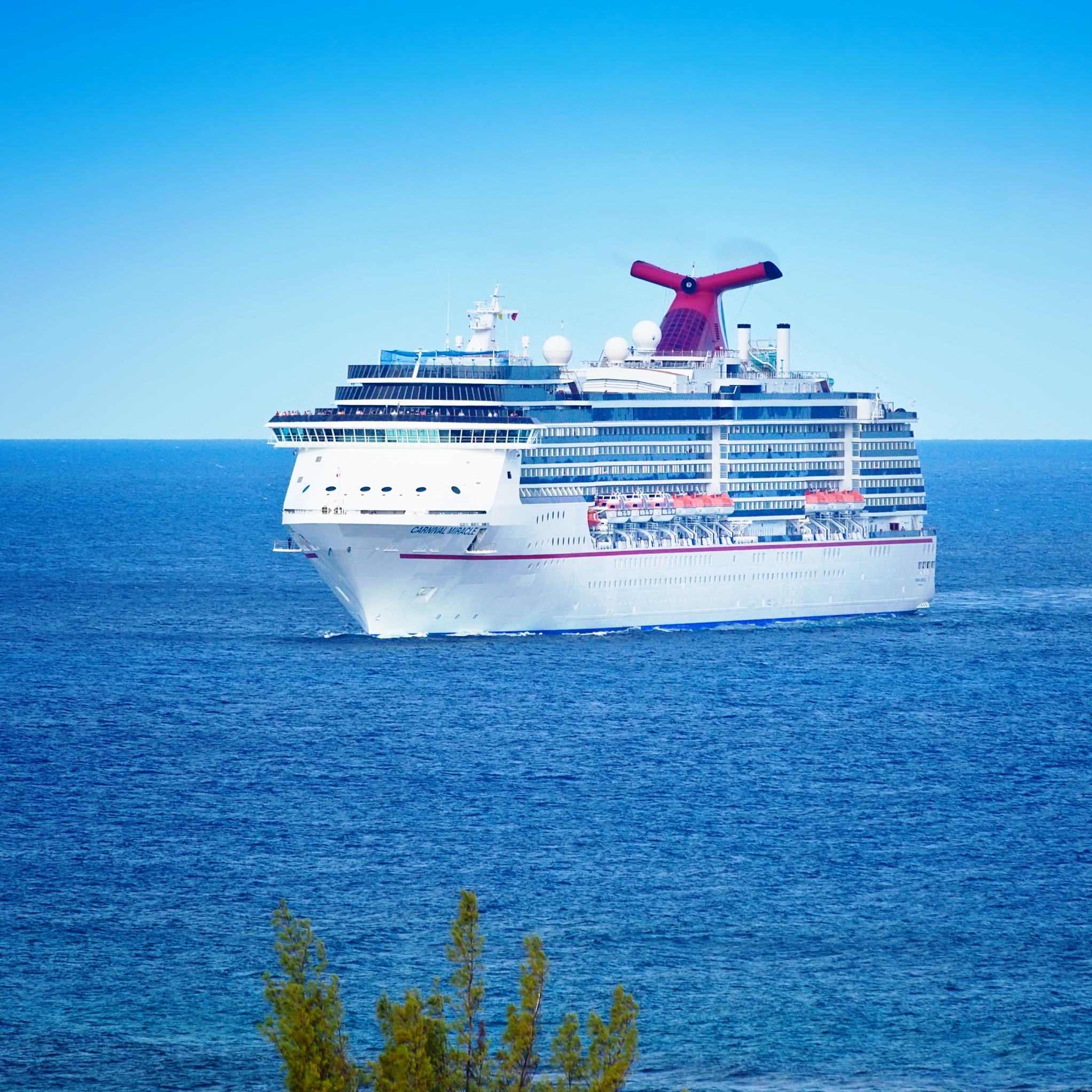Has Marriott Snatched Defeat From the Jaws of Victory?
April 5, 2016 by Trey ThoelckeMarriott International Inc. (NYSE: MAR) has won the battle for Starwood Hotels and Resorts Worldwide Inc. (NYSE: HOT) after an investment team lead by Chinese insurer Anbang folded its tent in the face of opposition from regulators in the world’s most populous country. Unfortunately, shareholders of the storied hotelier may wind up being the loser.
The $13.6 billion deal, which Marriott sweetened after getting into a bidding war with Anbang, for the parent of the St. Regis and W. lodging brands, among others, works out to $79.53 in cash and stock. It was a stretch for the storied Maryland hotelier. According to Marriott’s own estimate, the deal would be “roughly neutral” to adjusted earnings per share in 2017 and 2018. That estimate may be based on wishful thinking, if past merger pronouncements are any guide, as is Marriott’s forecast for “one-time transition costs” of $100 million to $130 million. Moreover, Wall Street analysts raised eyebrows over the companies’ claims that Starwood’s Element extended stay service could be an “interesting alternative” for Airbnb, noting that popular room-sharing service reaches a much different demographic.
Then there’s the not-inconsiderable risk the companies face in merging their loyalty programs. Marriott and Starwood have to combine these programs very carefully to avoid angering its best customers by unintentionally cheating them out of their hard-earned points. Marriott also will unload Starwood’s real estate assets, furthering its strategy of managing hotels rather than owning real estate.
Marriott and Starwood do complement one another. Starwood offers Marriott cache with wealthy young millennials through its W Hotel brand, among others. Marriott’s convention and resort businesses also will benefit from the merger, and the companies will also be able to expand their digital footprint.
 24/7 Wall St.
24/7 Wall St.